If the core switches exist, the distribution switches connect the access switches to the core switches. A core switch aggregates distribution switches. Except for forwarding traffic at the fastest possible speed, core switches do not provide any other services. If core switches are not used, the network is known as the Tire-2 network.. Edge switches can directly connect client devices, such as laptops, desktops, security cameras, and wireless access points, to your network. Generally speaking, a core switch would have more up.
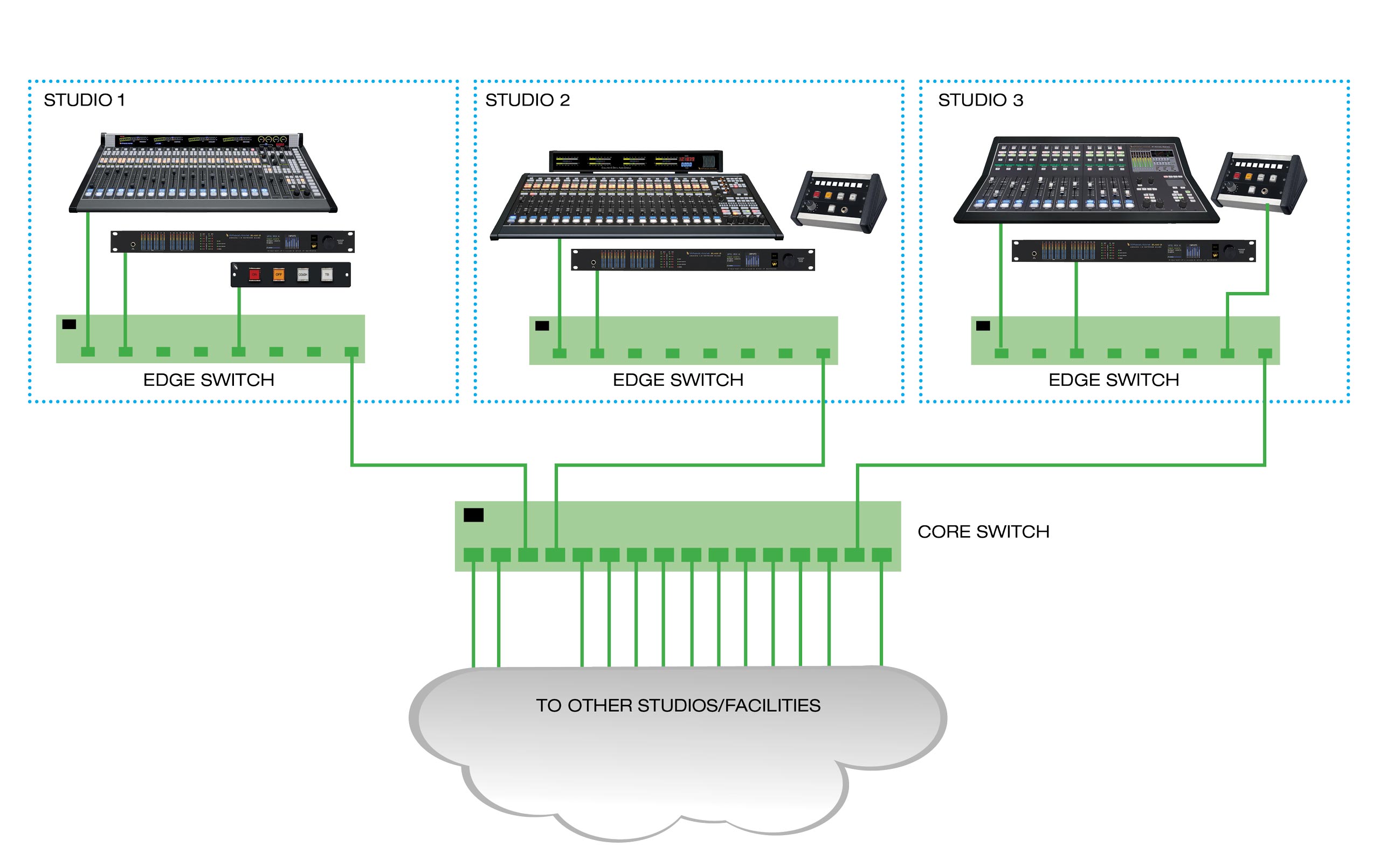
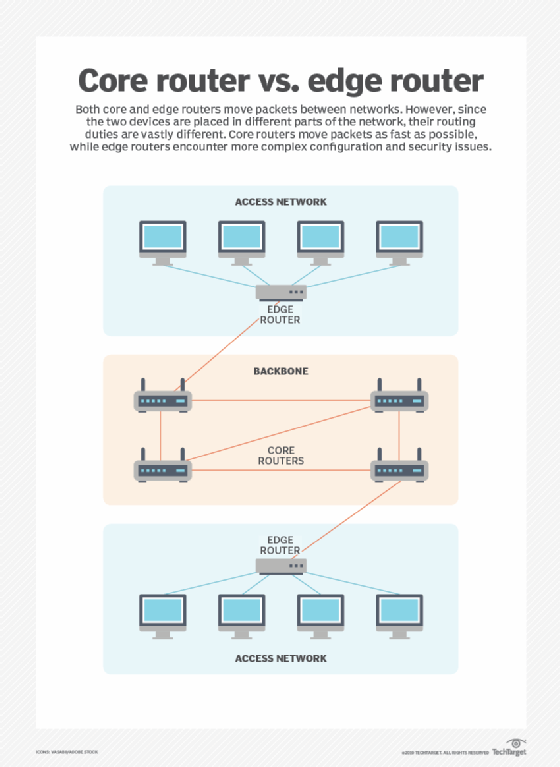
What's the difference between an edge router vs. core router? TechTarget

What is a "LeafandSpine" Data Center Topology?
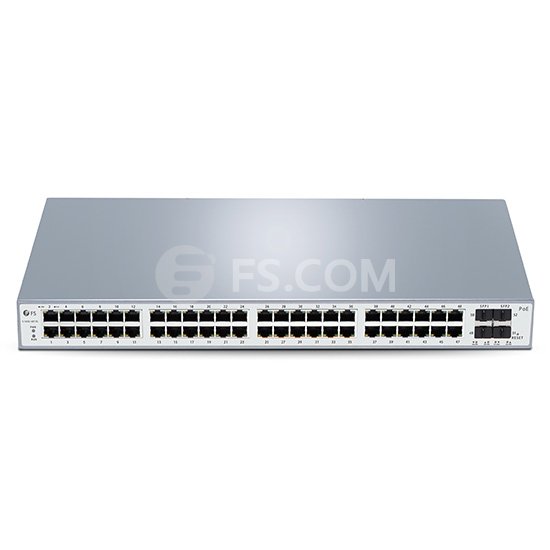
Core Switch & Edge Switch How to Make a Decision? Fiber Optic Network
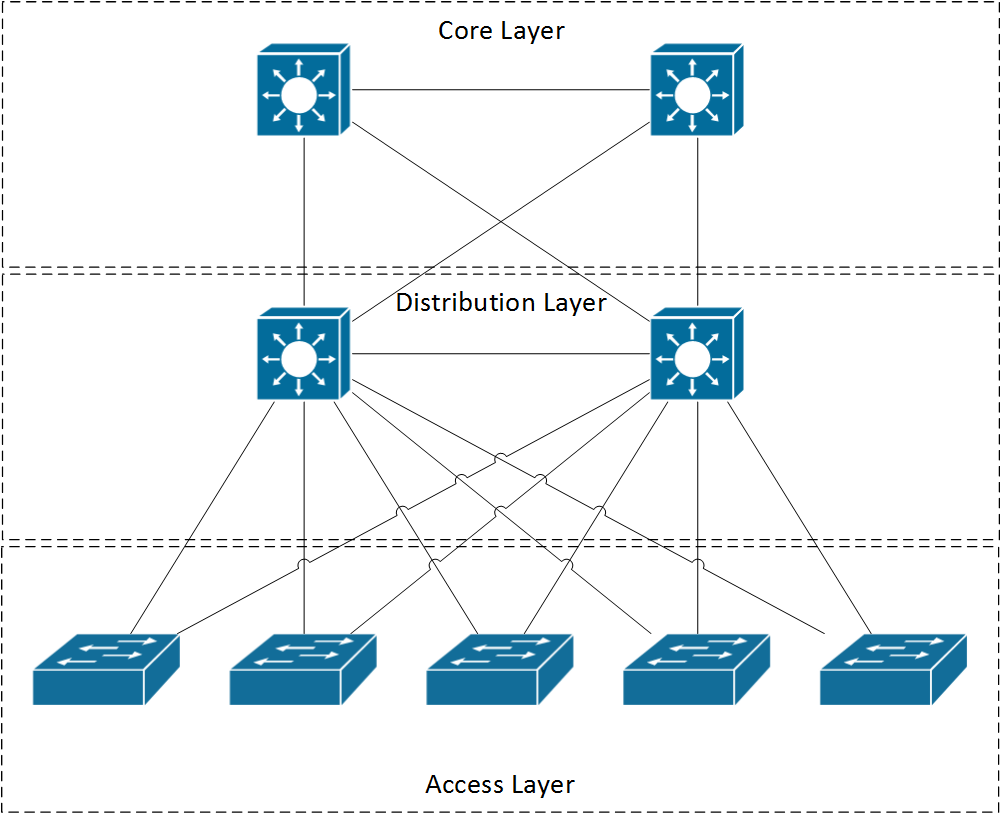
IP Routing and Switching Basic Multi Layer Switch (MLS) configuration

Core Switch VS Aggregation Switch What Is The Difference?
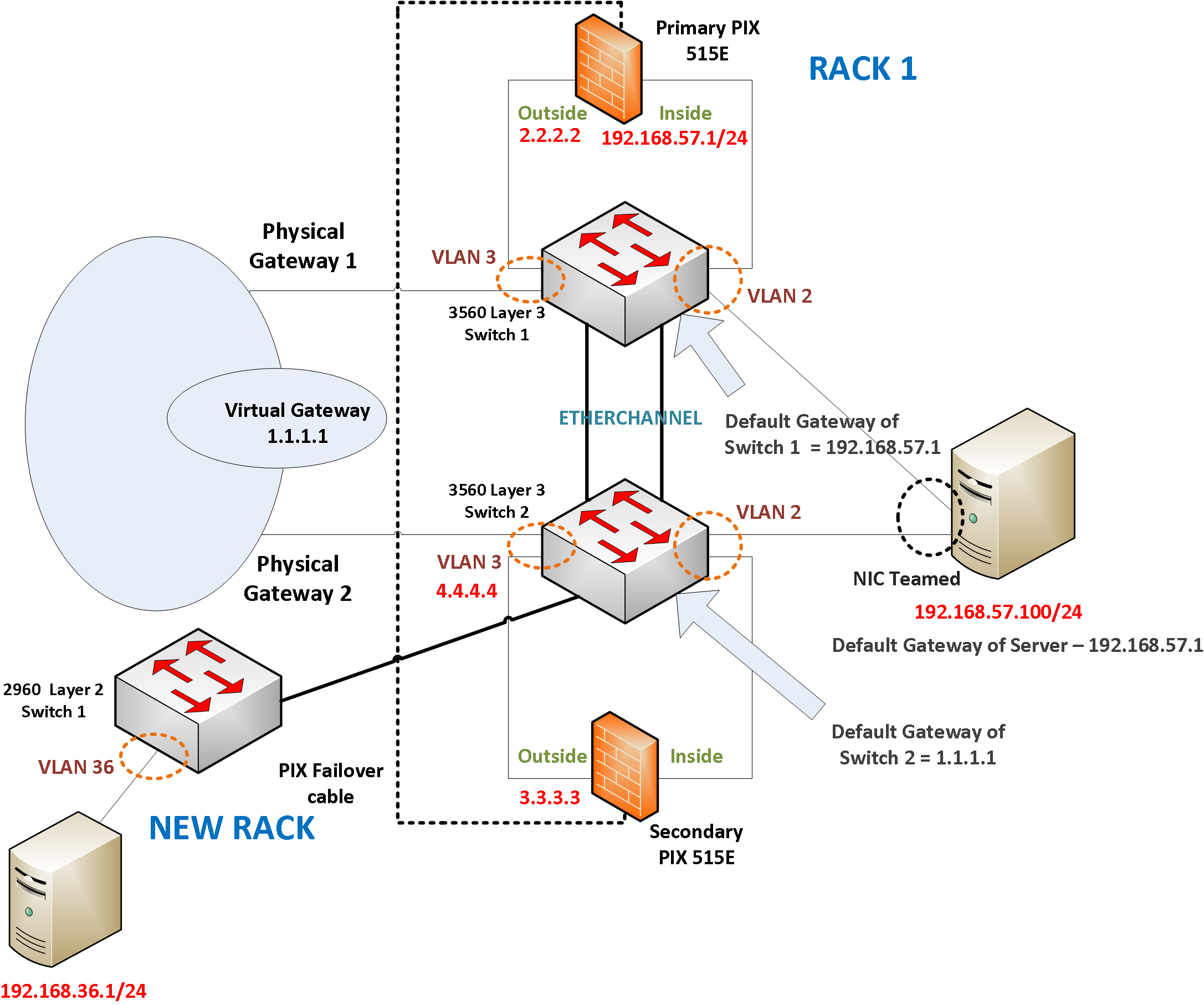
Solved Connectivity from Layer 3 Switch to Firewall Cisco Community

Network Switch Business Buyers Guide SCAN UK

Unlocking the Power of the Network Switch
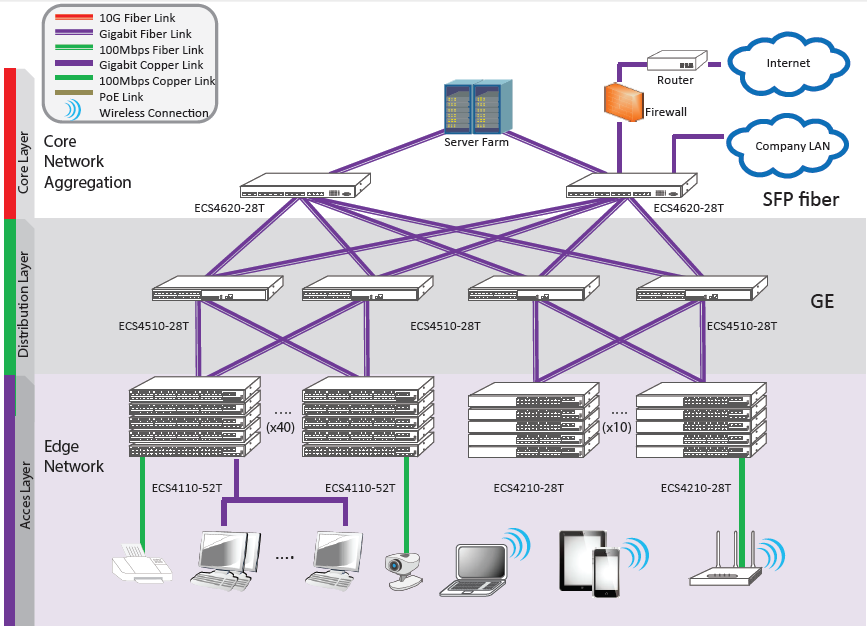
Edgecore Networks
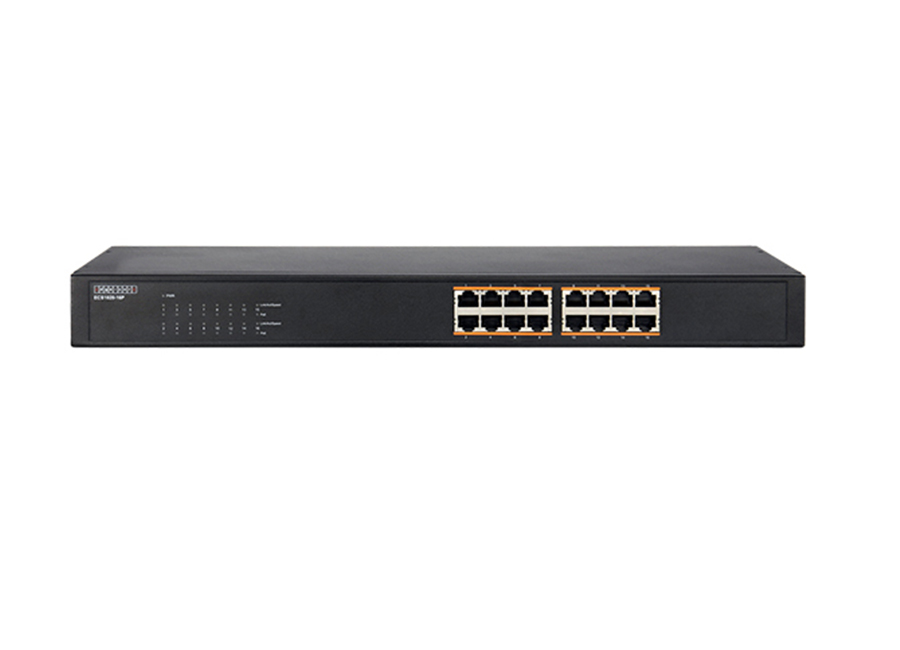
16 Port EdgecorE ECS1020 16P PoE Switch IP Kamera Güvenlik Sistemleri

EdgeCore 8 Port Gb PoE+ Industrial Switch MiRO Distribution

CoreSwitch vs. AccessSwitch

Core Switch vs. Edge Switch What's the Difference? Pure Storage Blog
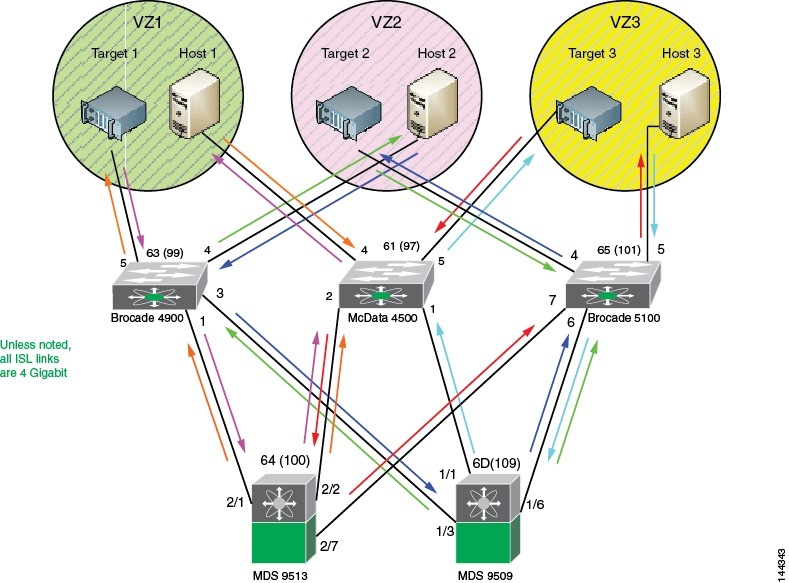
Cisco MDS 9000 Family SwitchtoSwitch Interoperability Configuration Guide MDS 9000 Core with
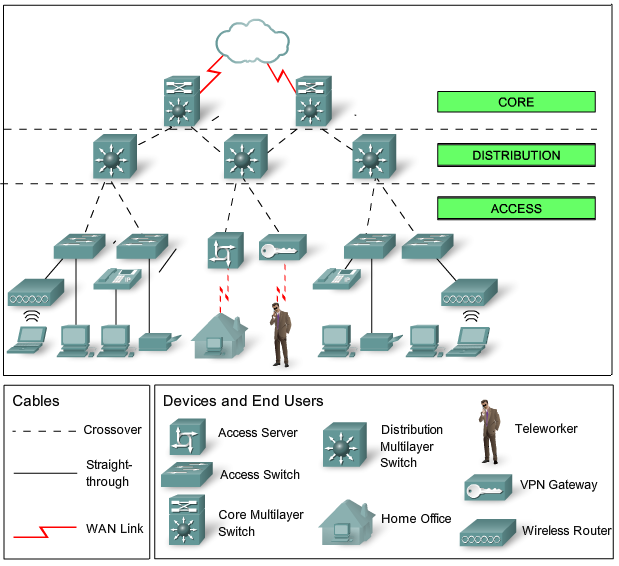
Network Design with ExamplesCore and Distribution Router Switch Blog

UBNT Edge Switch 24 Port 500W PoE+ Layer3 Switch

10goverview
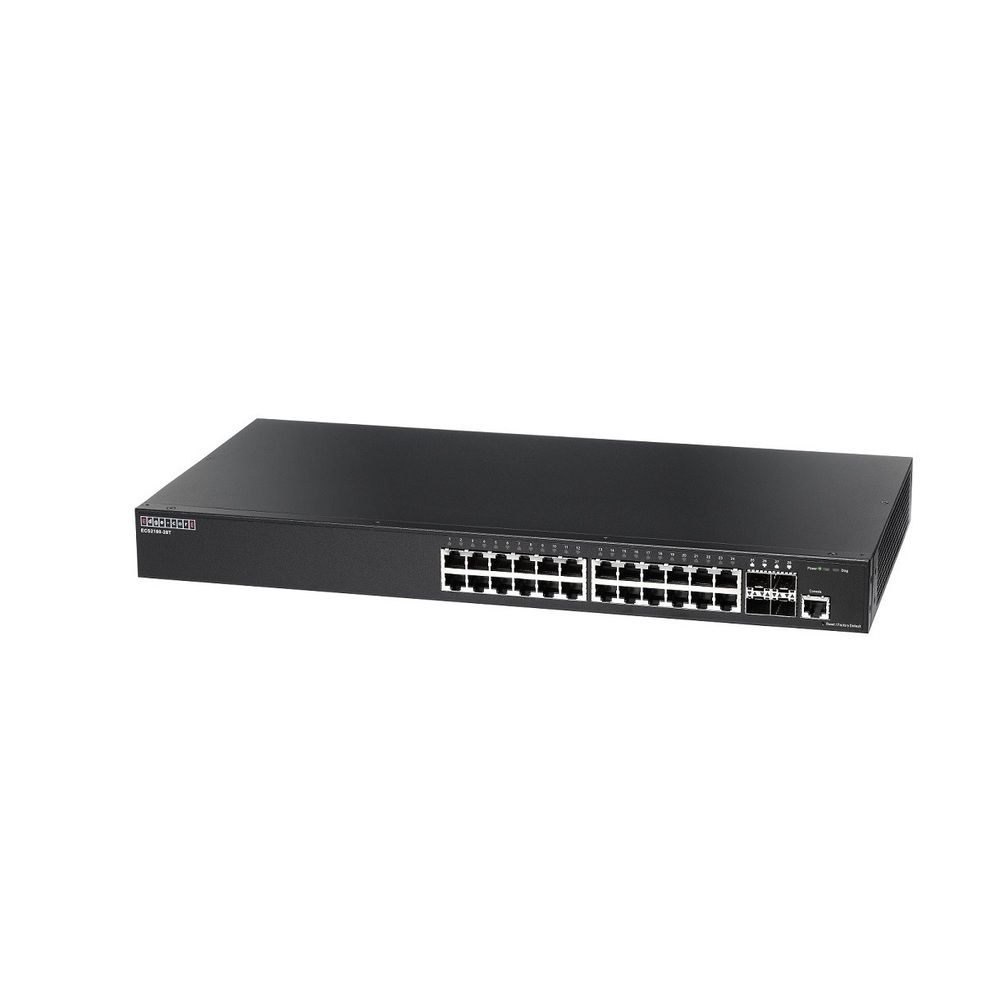
Switch EdgeCore 24 Portas Gigabit Gerenciável 4 Portas Gigabit SFP Fink Tecnologia
Switching Basics with Products Cisco and Aruba The Network DNA
An edge switch needs to support features such as port security, VLANs, Fast Ethernet/Gigabit Ethernet, PoE and link aggregation. While a core switch also needs to support link aggregation to ensure adequate bandwidth coming into the core from the distribution layer switches. Also, a core switch support additional hardware redundancy features.. Core Switch vs. Distribution Switch vs. Access Switch By hierarchical internetworking model, there are three layers—core, distribution and access. Core layer is considered the backbone of the network and includes high- end switches and high-speed cables. It is responsible for fast and reliable transportation of data across a network.